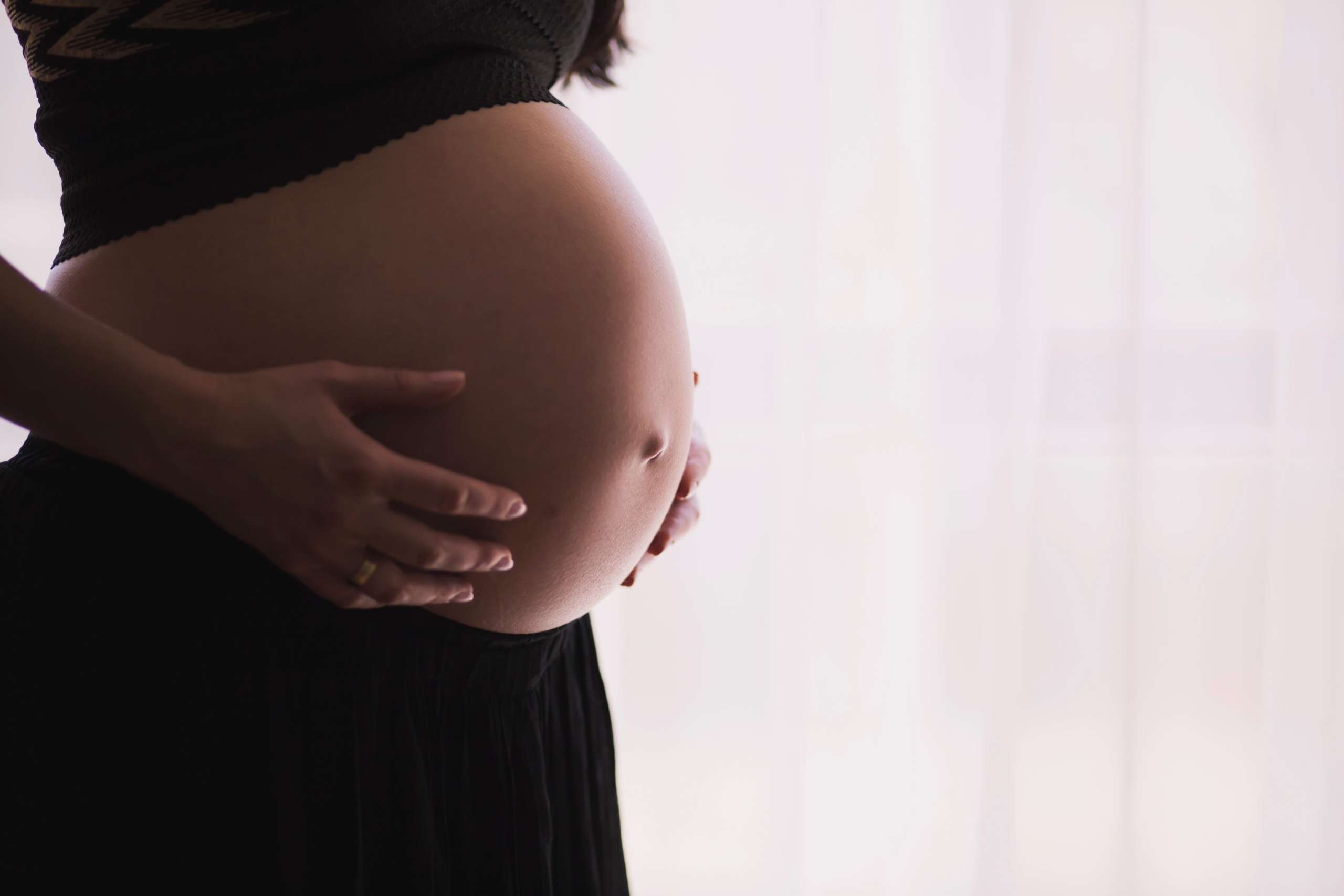
Will Irregular Periods Affect Pregnancy?
Wondering how unpredictable menstruation affects your chances of conception? Here’s what you need to know about the link between irregular periods and pregnancy.
Some women get their periods like clockwork every month. Others have completely unpredictable and irregular cycles—and this may affect their fertility. Here’s everything you need to know about the link between irregular periods and pregnancy.
Irregular Period Symptoms and Causes
Menstrual cycles generally range from 21 to 35 days, and anything outside of that timeframe is considered irregular. Varying cycle lengths are also cause for concern, especially if they change by more than a couple of days each month. (For example, switching between a 22-day cycle and a 34-day means you have irregular periods).
Medical conditions like polycystic ovarian syndrome (PCOS) or thyroid disease are the most common causes of irregular periods, according to Michele Hakakha, M.D., an OB-GYN in Beverly Hills, CA. Certain lifestyle factors—including stress level, weight, exercise, and diet—may also affect the menstrual cycle. And sometimes irregular periods have no known causes at all.
It’s always important to get checked out by your doctor and run the appropriate tests. If your provider can’t find any glaring irregular periods reasons, he/she may diagnose hypothalamic-pituitary-axis dysfunction. “This is a big medical term for poor communication between your ovaries and brain, leading to less frequent ovulation,” says Dr. Hakakha.
How Do Irregular Periods Affect Fertility?
What is an irregular period’s affect on fertility? First it’s important to understand the ovulation cycle. Ovulation occurs when the ovary releases a mature egg into the fallopian tube, where it survives for 12-24 hours. A woman can become pregnant if this egg is fertilized with sperm. (Since sperm survives in the reproductive tract for five days, conception can occur by having unprotected sex on the day of ovulation or five days before it, says Rashmi Kudesia, M.D., an OB-GYN and reproductive endocrinology and infertility specialist at Houston Methodist and Houston IVF).
If you have a regular cycle, ovulation generally occurs 14 days before your next period is due, says Dr. Kudesia. For example, if your cycle is 28 days long, ovulation will probably occur on day 14 (assuming day one is the first day of the menstrual period). Similarly, a woman with a 30-day cycle will ovulate around day 16.
Naturally, woman with irregular periods can’t calculate ovulation the same way, since it’s impossible to predict when their ovaries will release a mature egg. Having unpredictable menstruation may also indicate anovulation, which is a complete lack of ovulation.
Getting Pregnant with an Irregular Period
If you have an irregular period, some natural methods may increase your odds of conception. For example, using an ovulation calculator for irregular periods may be helpful; these detect the surge in luteinizing hormone (LH) that occurs shortly before ovulation. Monitoring basal body temperature and cervical mucus changes might also work. The most important thing, though, is having regular unprotected sex.
Those with irregular periods should see a gynecologist or fertility specialist before trying to conceive. He/she will check you with a physical exam and a few blood tests. Depending on the findings, your provider might suggest different options for trying to conceive, ranging from acupuncture to fertility medications, says Dr. Hakakha. Your doctor may also try treating underlying medical conditions that cause irregular periods.
If you do get pregnant, irregular menstruation itself shouldn’t affect the baby. But some underlying causes, such as PCOS and thyroid conditions, could increase the risk of miscarriage or pregnancy complications. Always discuss risks with your doctor.







